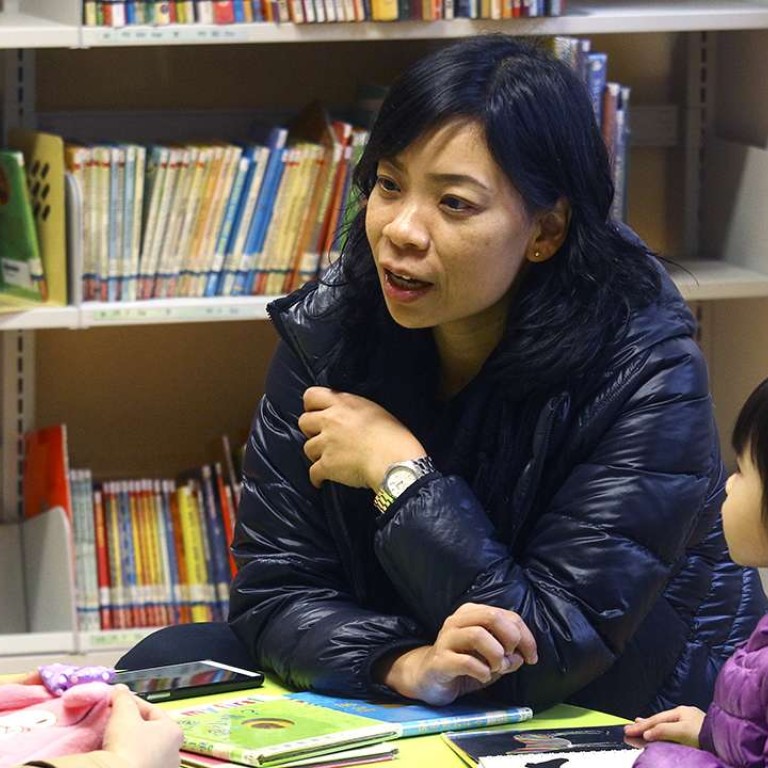
‘Extremely problematic’: Hong Kong education and counselling professionals slam authorities over insufficient staff support
Disjointed counselling system means it is difficult to catch disturbed or suicidal pupils, with underpaid social workers facing a heavy load
A disjointed and patchy school counselling system that struggles to keep up with troubled children’s emotional and psychological needs is coming under scrutiny as the city reels from a worrying spate of youth suicides.
Education and counselling professionals have told the Post that primary schools burn through underpaid and overworked counselling staff who are unwilling to stay in the job beyond a couple of years.
They blamed the Education Bureau’s “stingy” funding, which leaves counsellors earning up to 40 per cent less than government-subvented social workers of the same grade.
READ MORE: Hong Kong announces emergency measures after 22 suicides since the start of the academic year
The wages are so low that some schools can’t even afford full-time staff, and have to settle for a social worker just three days a week, or a few hours a day.
There is also a complete disconnect between primary and secondary school counselling services – overseen by two different government departments.
All schools’ counselling staff have enormous workloads, with some having to look after up to 800 students single-handedly, according to Dilys Lai Siu-ling, social work supervisor at the Boys’ and Girls’ Clubs Association.
“Even if only 10 per cent of the students need help, we are talking about 80 cases for one social worker,” she said.

Spotty counselling services meant students’ problems could be overlooked during their childhood and allowed to develop into more serious issues when they moved to secondary school, said Lai, whose organisation provides social workers to 39 secondary and seven primary schools.
“The problems could start in primary school. If they are not dealt with ... when put together with the stress and loneliness of changing the environment to a secondary school, it’s extremely problematic,” she said.
READ MORE: ‘It seemed like a dark world to me’ – one Hong Kong mother tells her story of life after daughter’s suicide
Counselling services for primary schools are funded by the Education Bureau based on class size and tendered out, while the Social Welfare Department runs a “one social worker per school” system for secondary schools.
Problematic primary school cases – students with special needs or a history of child abuse or who have suicidal tendencies – are sometimes passed on to secondary schools without alerting them, according to another veteran social worker who asked to remain unnamed.
“We end up having no records for a lot of cases,” said the secondary school social worker, who has over 13 years of experience.
Primary schools are required to hire counsellors by tender – often awarded to the lowest bidders – at least every three years, under government guidelines to ensure “the principles of openness and fairness”.
“There is no continuity in services because of this tendering system. It’s like a commercial activity, but education and essential counselling support should not be like this,” said school principal Fung Pik-yee.
Social welfare sector legislator Peter Cheung Kwok-che said the tendering system leads to organisations lowering their offers by slashing social workers’ salaries, or burdening them with extra work, in order to win the bid.
Lai said there had been cases in which schools could only pay slightly over HK$10,000 a month for a social worker, compared with a starting salary of HK$28,000 for a degree holder hired by the government with no experience and HK$63,000 for one with five years of experience.
“This is indirectly forcing more junior colleagues to join [the service] and will create great difficulty for student counselling,” Cheung said.

